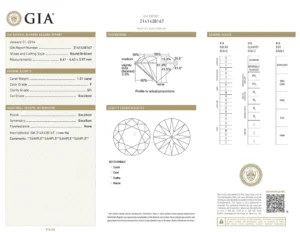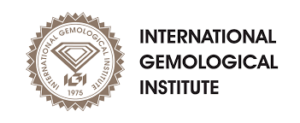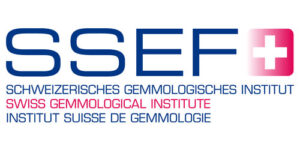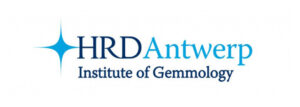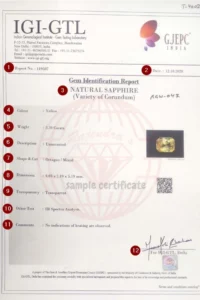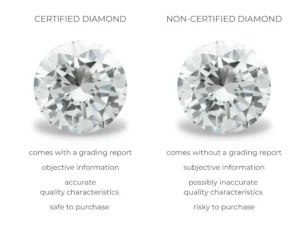Gemstone certification is essential for ensuring authenticity, quality, and fair valuation. Various gemological laboratories worldwide specialize in grading and certifying diamonds, colored gemstones, and pearls. These certifications help buyers, collectors, and investors make informed decisions by providing verified reports on gemstone origin, treatment, and quality. This article explores the most reputable organizations that certify gemstones and their role in the industry.
Popular Organizations that Certify Gemstones
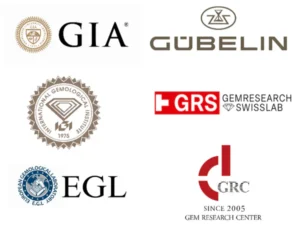
1. Why Gemstone Certification Matters
Certification from a trusted gemological laboratory offers several advantages:
- Authenticity Verification – Ensures that a gemstone is natural and not synthetic or imitation.
- Treatment Disclosure – Identifies whether the gemstone has undergone enhancements such as heat treatment, irradiation, or oiling.
- Quality Grading – Provides an objective assessment of carat weight, color, clarity, and cut.
- Market Transparency – Helps establish fair pricing and protects consumers from fraud.
2. Top Gemological Laboratories for Certification
Several organizations specialize in gemstone certification, each with unique strengths and areas of expertise.
a. Gemological Institute of America (GIA)
- Founded in 1931, GIA is one of the most respected gemological laboratories worldwide.
- Developed the 4Cs diamond grading system (Carat, Cut, Clarity, Color).
- Certifies diamonds, colored gemstones, and pearls.
- Offers online verification for gemstone reports.
- GIA-certified gemstones are widely accepted in international markets.
b. American Gem Society (AGS)
- Founded in 1934, AGS focuses on ethical gemstone grading and consumer protection.
- Known for its precise cut grading system, particularly for diamonds.
- Provides certification for diamonds and some colored gemstones.
- AGS reports emphasize light performance and symmetry analysis.
c. International Gemological Institute (IGI)
- Established in 1975, IGI is one of the largest independent gemological labs.
- Certifies both natural and lab-grown diamonds, colored gemstones, and jewelry.
- Popular among jewelry manufacturers for its quick certification process.
- IGI reports are widely used in the retail sector.
d. Swiss Gemological Institute (SSEF)
- Renowned for its expertise in high-value colored gemstones, fancy diamonds, and pearls.
- Issues detailed origin reports for rubies, sapphires, and emeralds.
- Uses advanced spectroscopy and analysis techniques.
- Highly regarded in the auction and collector market.
e. Hoge Raad voor Diamant (HRD Antwerp)
- Established in Belgium, HRD Antwerp is known for diamond grading and certification.
- Uses strict European standards for diamond evaluation.
- Popular among European jewelers and diamond traders.
- Offers laser inscription for diamond identification.
f. Gübelin Gem Lab
- A Swiss gemological laboratory known for gemstone origin analysis.
- Trusted by collectors and auction houses for high-value stones.
- Provides highly detailed reports on rubies, sapphires, and emeralds.
- Uses microscopic and spectroscopic testing for gemstone identification.
g. Asian Institute of Gemological Sciences (AIGS)
- Based in Thailand, AIGS specializes in grading rubies, sapphires, and jade.
- Well-regarded in the Asian colored gemstone market.
- Provides affordable and efficient gemstone certification.
3. How to Verify a Gemstone Certificate
To ensure authenticity, buyers should verify gemstone certifications through these steps:
- Check the Issuing Lab – Only trust reports from reputable institutions like GIA, AGS, or SSEF.
- Online Report Verification – Most labs offer online tools to verify certificates using a unique report number.
- Physical Inspection – Cross-check the gemstone’s attributes against the certification details.
4. Certified vs. Non-Certified Gemstones
Certified gemstones provide assurance of authenticity, accurate grading, and fair pricing. They are verified by gemological laboratories that disclose any treatments, enhancements, or synthetic origins. Certified gemstones tend to hold better resale and investment value due to their documented quality.
Non-certified gemstones, on the other hand, lack third-party verification, making it difficult to determine their true quality. Sellers may misrepresent color, clarity, or treatments, leading to potential overpayment or purchasing synthetic stones under false pretenses. Buyers of non-certified gemstones take on greater risk, as there is no guarantee of the stone’s authenticity or value.

5. Certification and Ethical Sourcing
- Some labs, like GIA and SSEF, ensure conflict-free sourcing of gemstones.
- Ethical certifications help buyers support sustainable mining practices.
- Lab-grown gemstone certification is becoming more relevant for eco-conscious buyers.
Gemstone certification plays a crucial role in maintaining market transparency, protecting consumers, and ensuring fair pricing. Organizations like GIA, AGS, IGI, and SSEF set industry standards for gemstone evaluation. Buyers should always seek certified gemstones to ensure authenticity, quality, and investment security.

